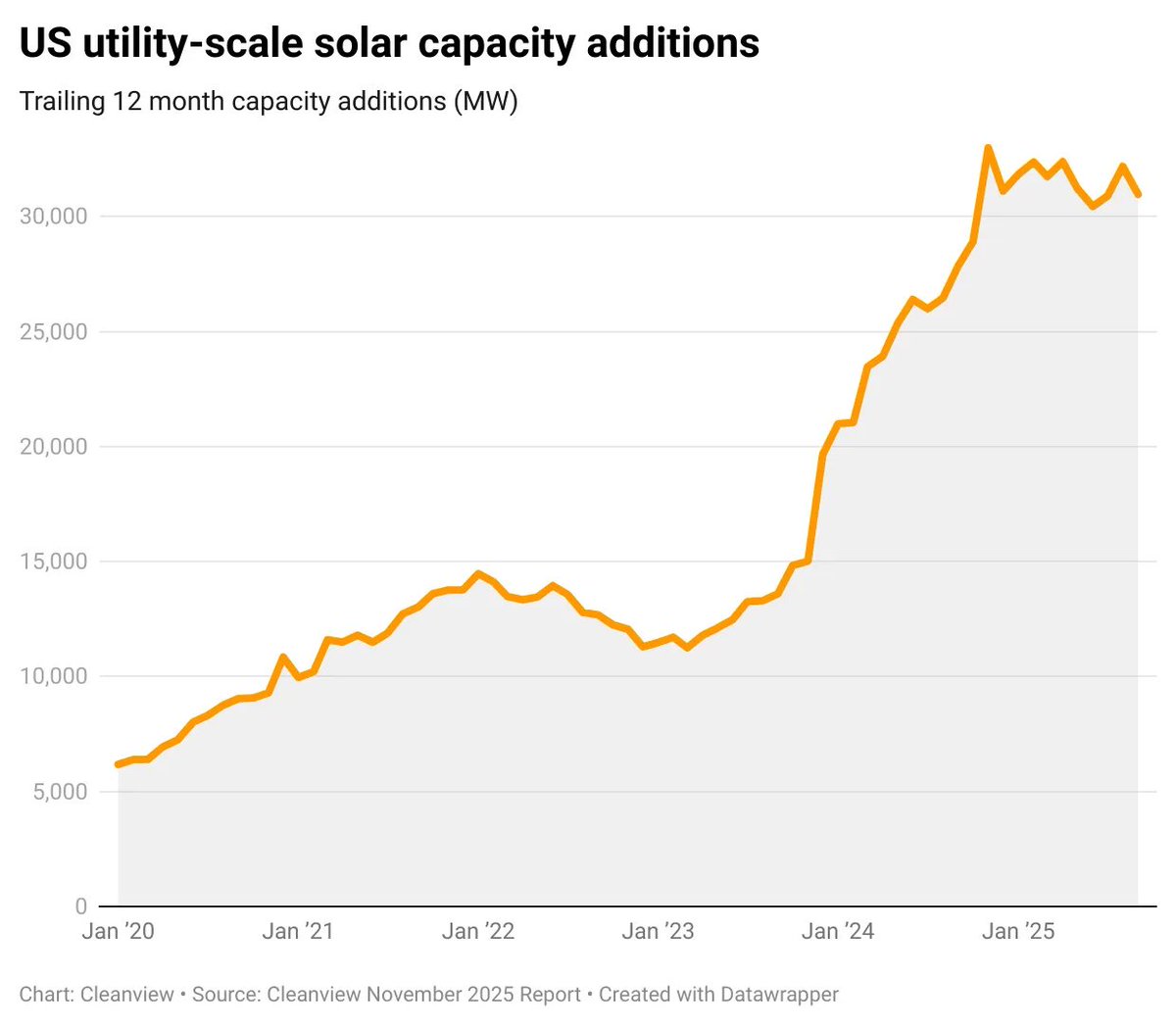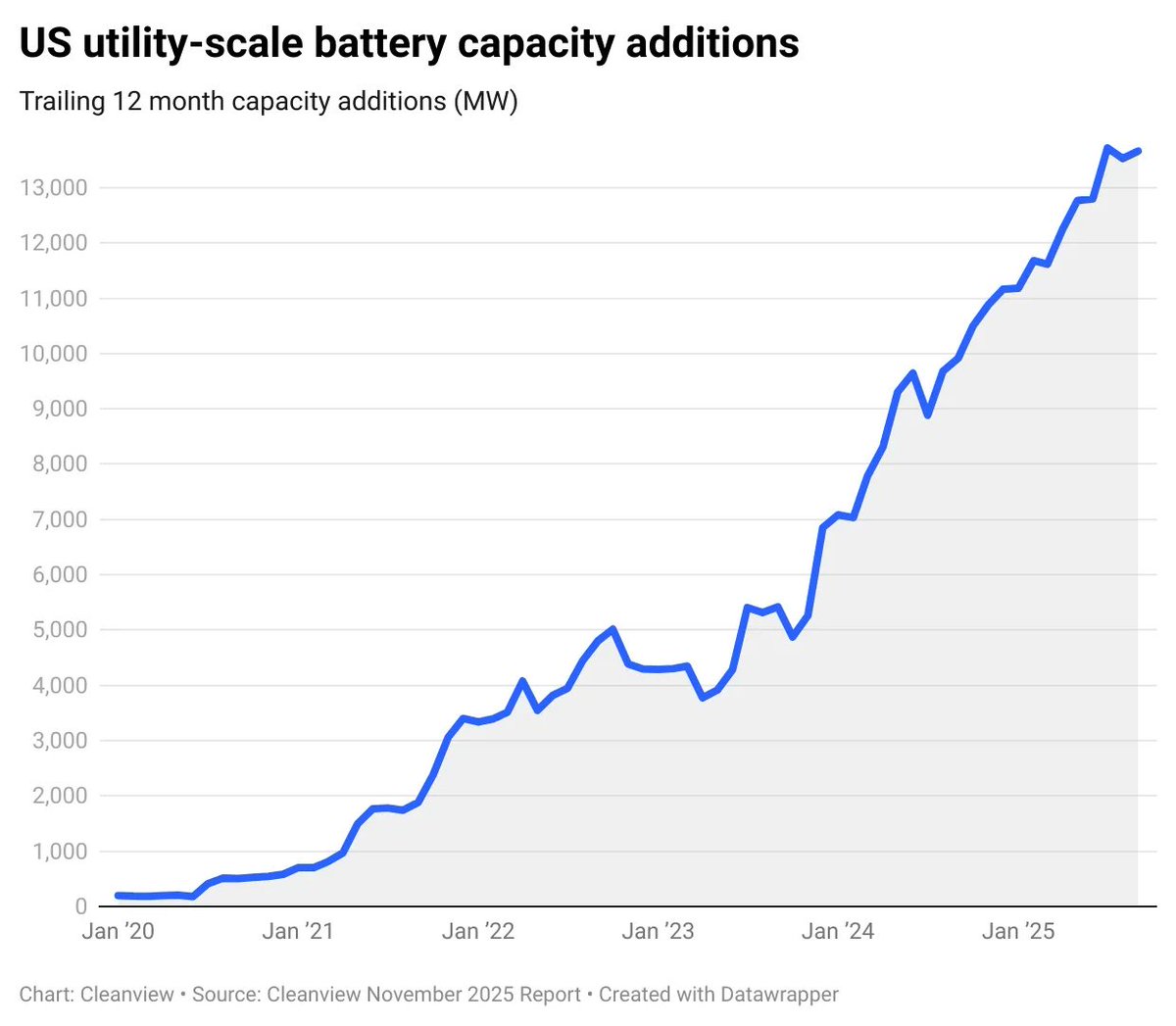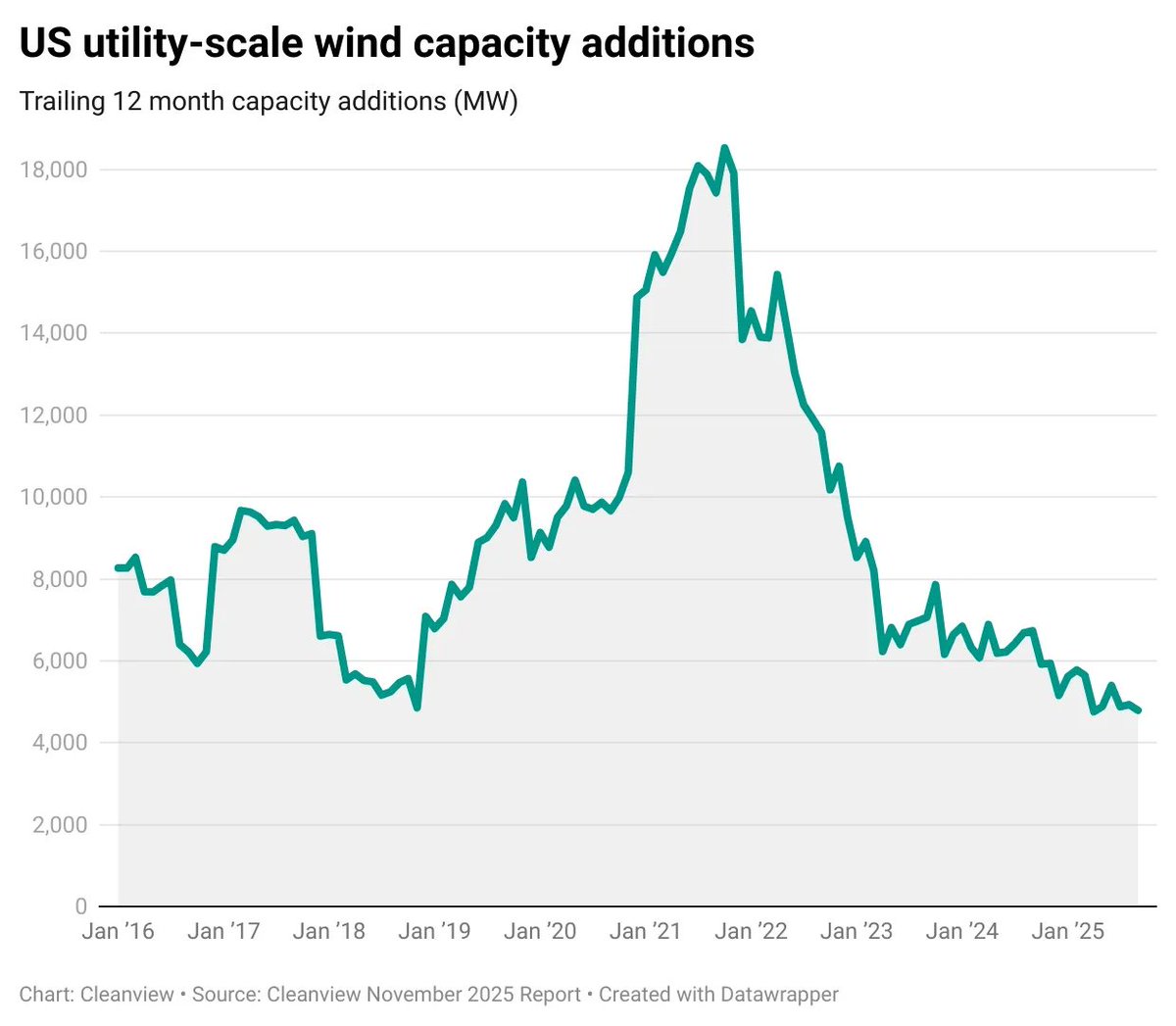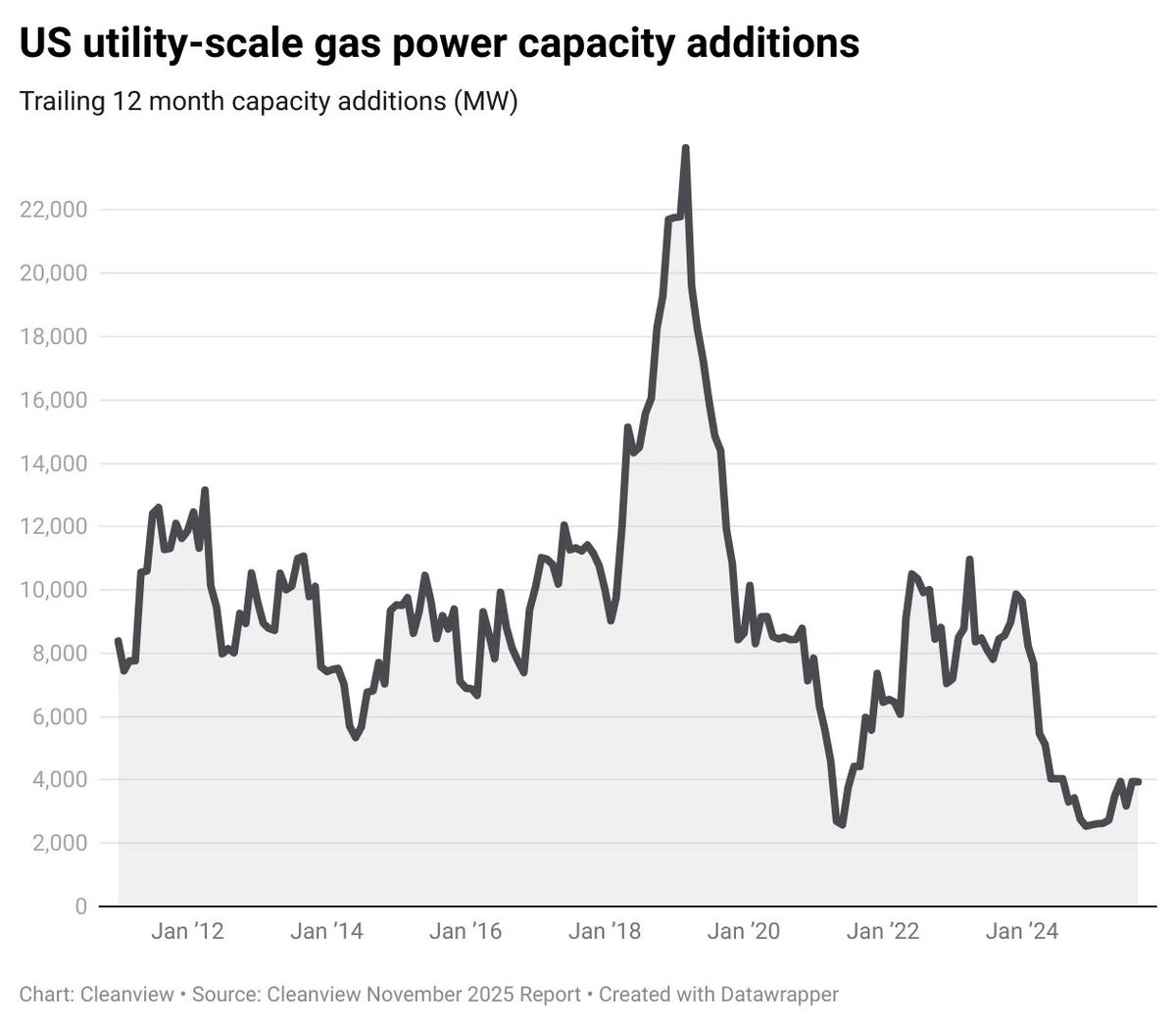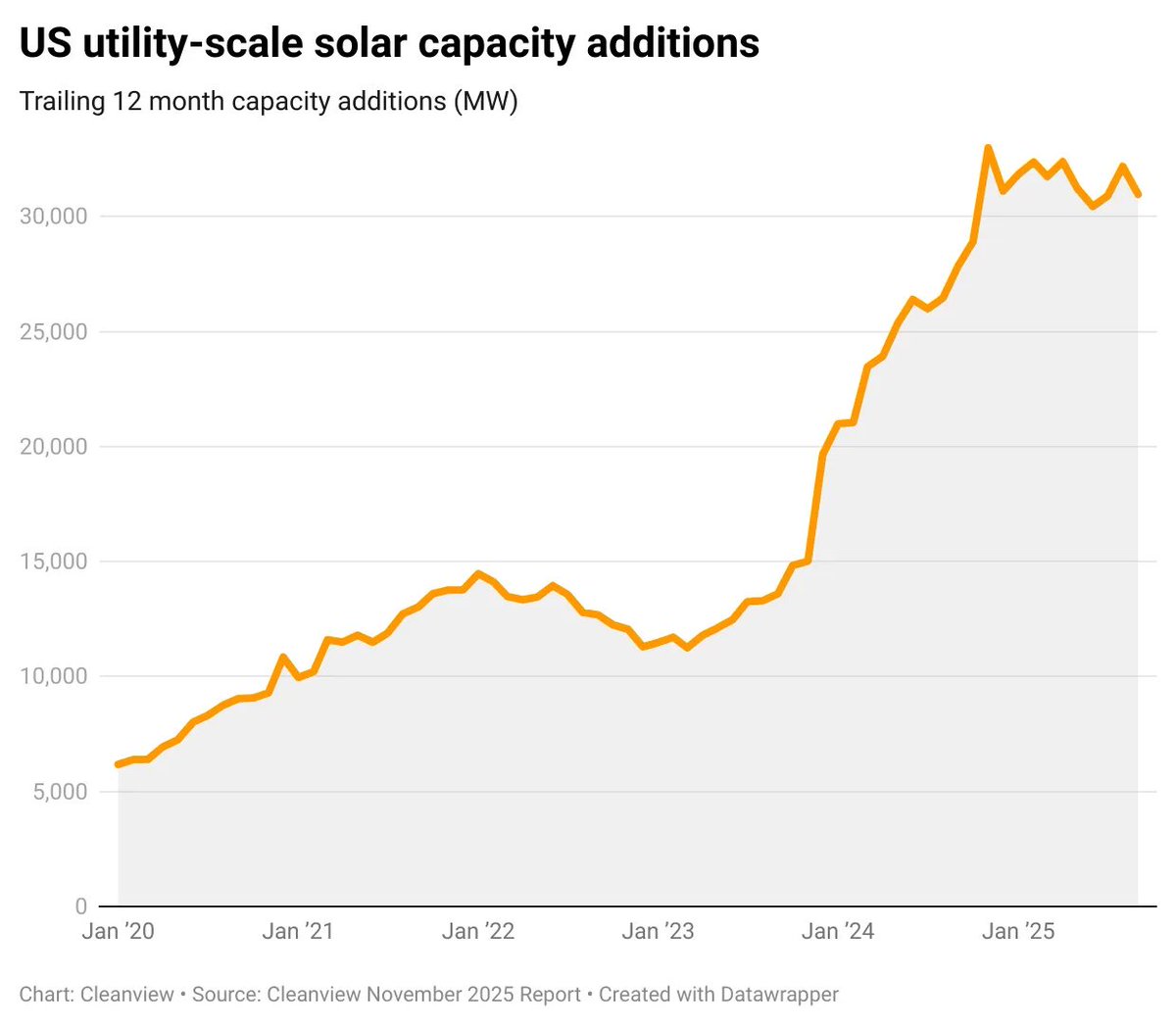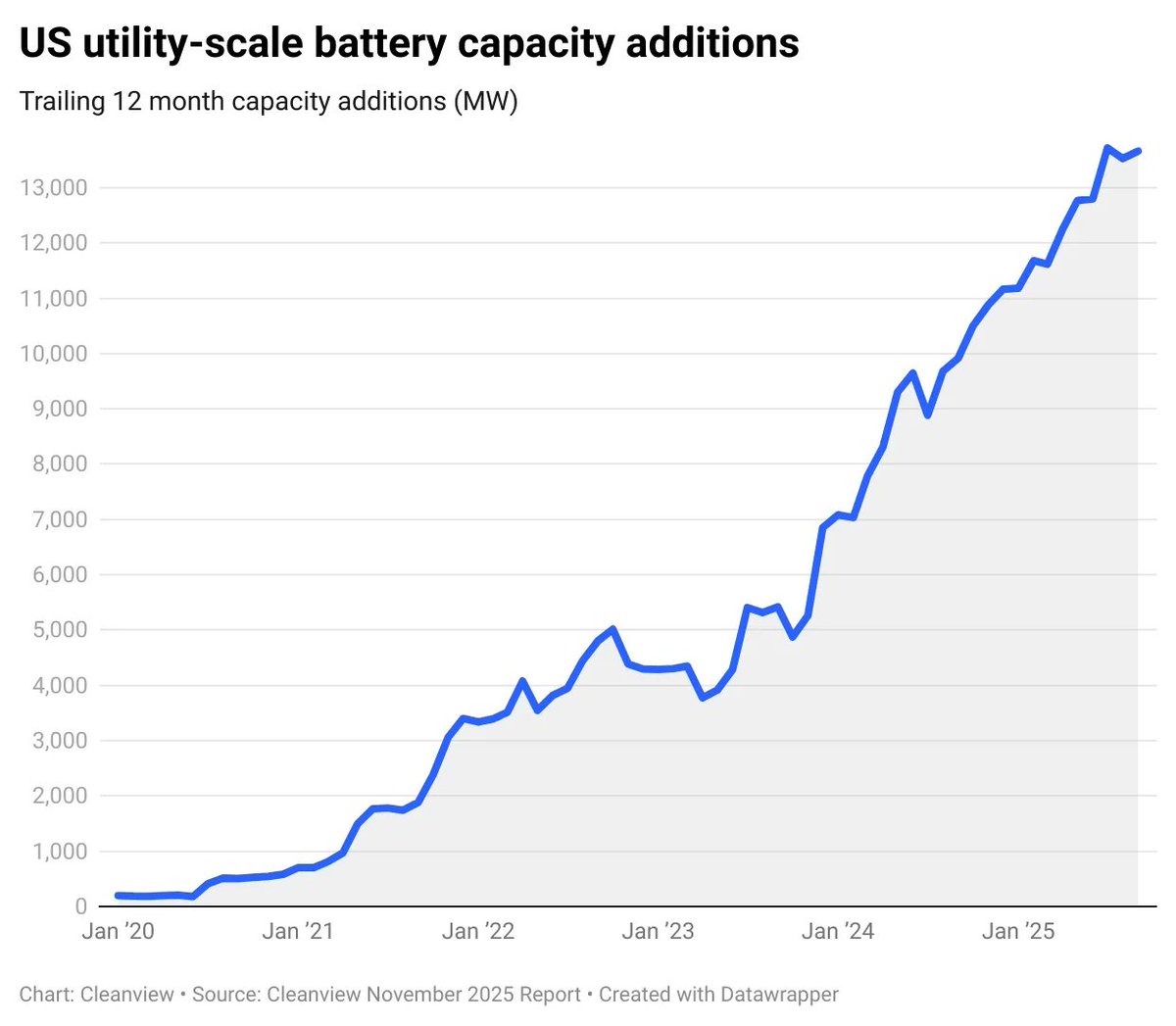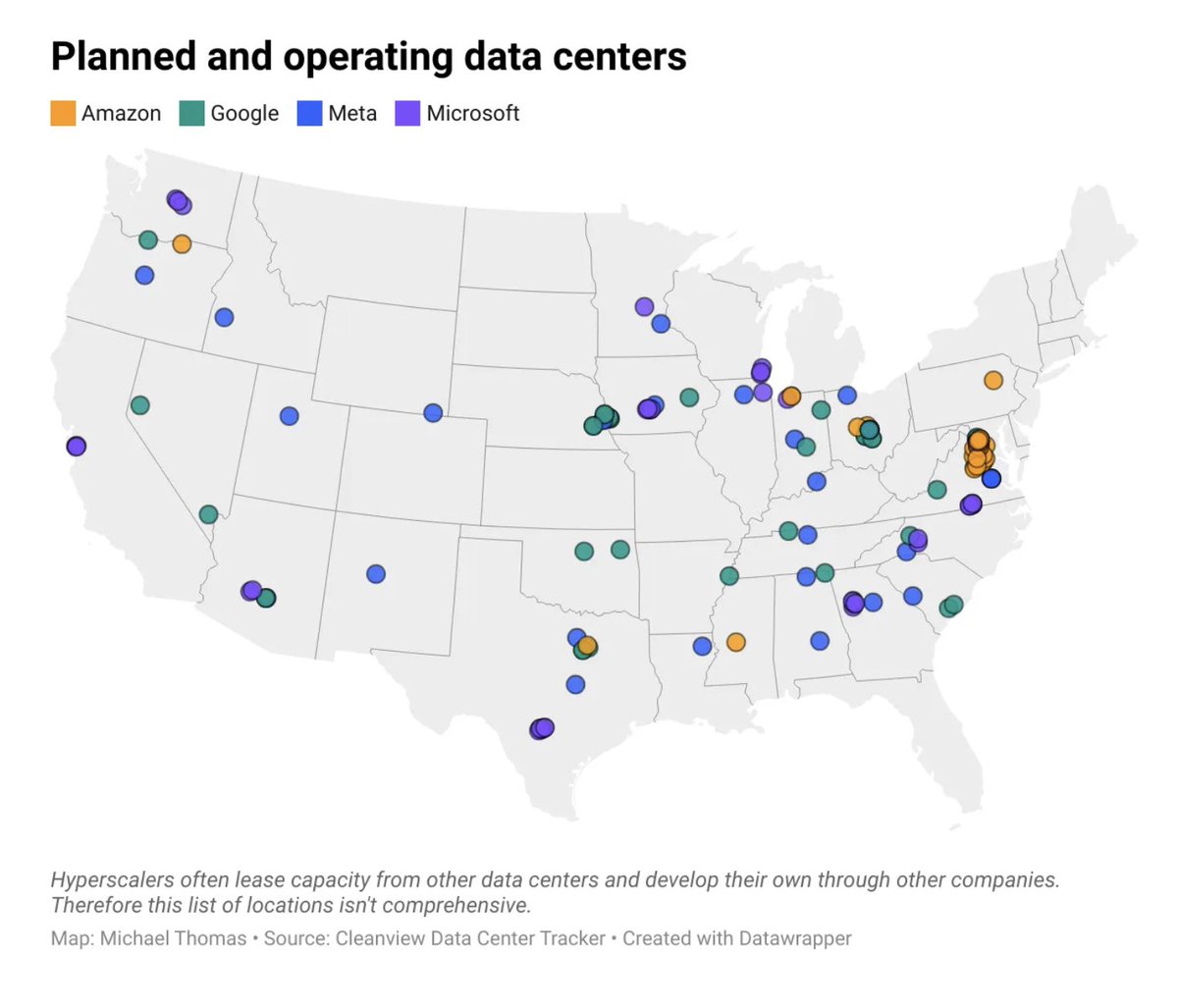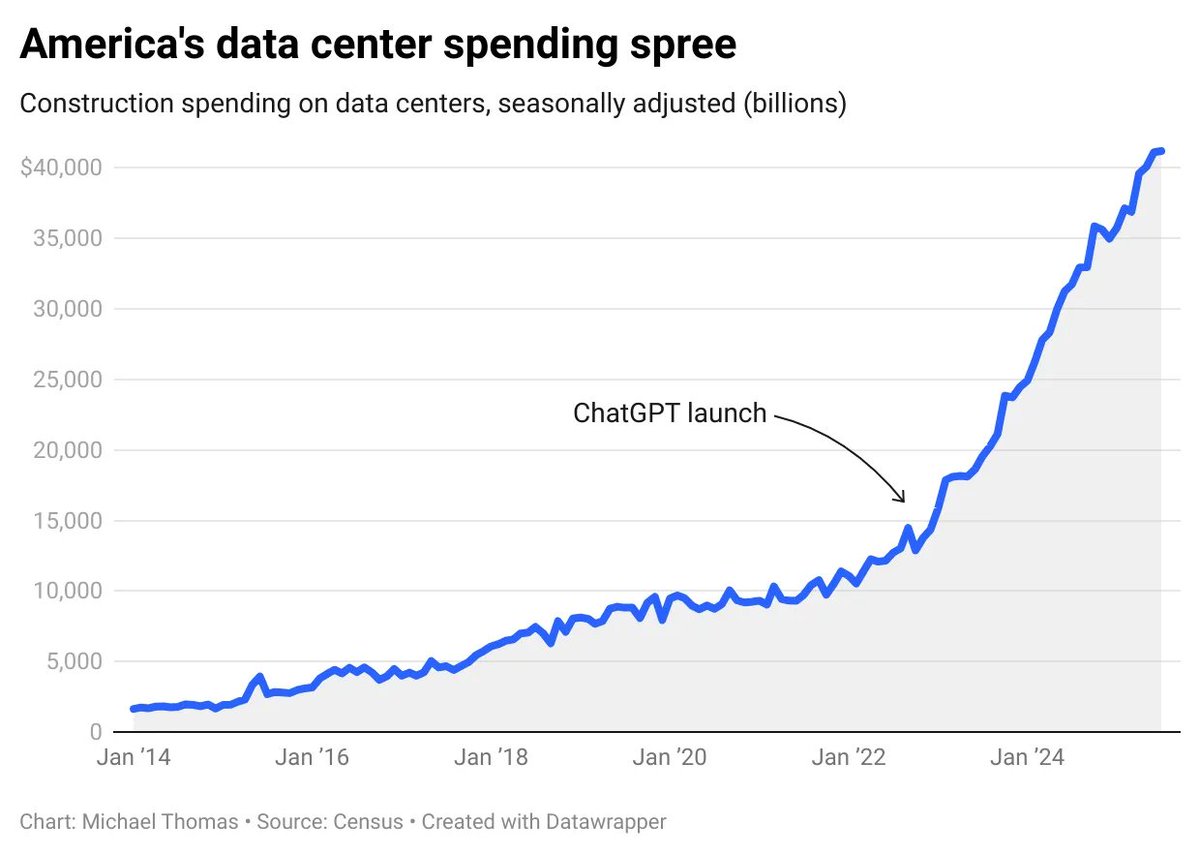Recently I learned about a man who has trained 1,000+ people to block wind and solar projects.
I read through all his training materials, presentations, and seminars.
Here's what I learned about him and how his students plan to "win the war on clean energy."
🧵
I read through all his training materials, presentations, and seminars.
Here's what I learned about him and how his students plan to "win the war on clean energy."
🧵
The odds are pretty good you haven't heard of this man, John Droz, Jr.
He's only been interviewed by a few journalists. And when asked about his influence he always responds the same way:
"This story isn't about me."
He's only been interviewed by a few journalists. And when asked about his influence he always responds the same way:
"This story isn't about me."

But the story of climate action and delay in America is very much about Droz.
For most of his life, Droz was a semi-retired real estate developer. In 2011, he reinvented himself and became a "physicist."
That year, his home state of N.C. debated a bill about climate change.
For most of his life, Droz was a semi-retired real estate developer. In 2011, he reinvented himself and became a "physicist."
That year, his home state of N.C. debated a bill about climate change.
Droz put together a series of presentations, some as long as 168 slides, and headed to the capital.
He had crunched the numbers and looked at the science.
According to Droz, climate change was a sham pushed by clean energy lobbyists.
He had crunched the numbers and looked at the science.
According to Droz, climate change was a sham pushed by clean energy lobbyists.

Remarkably, many legislators listened to him.
Even the Washington Post listened to him. In an article about sea-level rise, they quoted the real estate developer as a "local physicist."
Even the Washington Post listened to him. In an article about sea-level rise, they quoted the real estate developer as a "local physicist."

Droz's efforts worked. In 2012, N.C. passed a bill that prevented the state from taking action on sea-level rise.
This work got the attention of the biggest climate deniers in the country.
That year, ATI, a dark money think tank brought him on as a fellow.
This work got the attention of the biggest climate deniers in the country.
That year, ATI, a dark money think tank brought him on as a fellow.
At ATI, Droz developed a playbook that would eventually be used by thousands of people to stop clean energy projects.
In 2012, he organized a secret meeting and training session to share his strategy with some of the country's most influential climate deniers and activists.
In 2012, he organized a secret meeting and training session to share his strategy with some of the country's most influential climate deniers and activists.

For Droz, winning the war on clean energy is all about communication.
The man is obsessed with what he calls “Press relations (PR) strategy.”
Those two letters—PR—are in hundreds of documents he's produced over the last decade.
The man is obsessed with what he calls “Press relations (PR) strategy.”
Those two letters—PR—are in hundreds of documents he's produced over the last decade.
What’s the goal of this PR?
As he wrote, “Public opinion [on clean energy] must begin to change among citizens at large.”
But changing minds wasn’t all Droz was interested in.
The next line in his memo reads: “Ultimate Goal: Change policy direction based on the message.”
As he wrote, “Public opinion [on clean energy] must begin to change among citizens at large.”
But changing minds wasn’t all Droz was interested in.
The next line in his memo reads: “Ultimate Goal: Change policy direction based on the message.”

Droz, like many climate deniers, understood the power of offering the public and lawmakers a set of “alternative facts.”
All credible experts agree wind energy is better for the environment than fossil fuels.
Droz knew it was possible to convince people otherwise.
All credible experts agree wind energy is better for the environment than fossil fuels.
Droz knew it was possible to convince people otherwise.

Clean energy projects create jobs and tax revenue. They're great for local economies.
Droz offered an alternative assessment.
Droz offered an alternative assessment.

At the secret meeting in 2012, he proposed an idea:
Established think tanks like Heartland, CFACT, and Cato could publish these "alternative facts."
And volunteers in communities across the U.S. could present them to local lawmakers.
Established think tanks like Heartland, CFACT, and Cato could publish these "alternative facts."
And volunteers in communities across the U.S. could present them to local lawmakers.

Of course, these volunteers couldn't just be against clean energy.
Droz wrote about this in a later training document titled "What Not To Say."
He writes that if you're against something, "You will be painted as a denier and as a person against progress (going green)."
Droz wrote about this in a later training document titled "What Not To Say."
He writes that if you're against something, "You will be painted as a denier and as a person against progress (going green)."
One of Droz' most effective students, Susan Ralston, mastered this principle.
She named her organization "Citizens for Responsible Solar."
The group has blocked huge projects across Virginia. Their main argument: Solar should be on rooftops, not rural land.
She named her organization "Citizens for Responsible Solar."
The group has blocked huge projects across Virginia. Their main argument: Solar should be on rooftops, not rural land.

By far the most unique tactic, I saw in Droz' training materials was his suggestion that clean energy opponents never compromise.
According to Droz, the way to win "the war on clean energy" is to come out with aggressive demands and stick to them.
According to Droz, the way to win "the war on clean energy" is to come out with aggressive demands and stick to them.

This approach has led his students to pass laws that literally or effectively ban clean energy in communities across the United States.
When they don't succeed at that, they file lawsuits that can drag out for years.
When they don't succeed at that, they file lawsuits that can drag out for years.
All around the country, clean energy opponents are using this playbook to block solar and wind farms.
Projects that could have offered substantial carbon emissions reductions in almost every state have been blocked as a result.
Projects that could have offered substantial carbon emissions reductions in almost every state have been blocked as a result.
As for John Droz? He's reinvented himself once more.
In searching public records for his name, I came across dozens of emails to officials everywhere from Arizona to Pennsylvania about his "independent analysis of the 2020 election."
Droz is now an election security expert.
In searching public records for his name, I came across dozens of emails to officials everywhere from Arizona to Pennsylvania about his "independent analysis of the 2020 election."
Droz is now an election security expert.
Later this week I plan to publish a story about who is funding and spreading clean energy misinformation.
Stay tuned.
And if you missed it, you can check out last week's story below:
Stay tuned.
And if you missed it, you can check out last week's story below:
https://twitter.com/curious_founder/status/1586084131942932482
• • •
Missing some Tweet in this thread? You can try to
force a refresh


